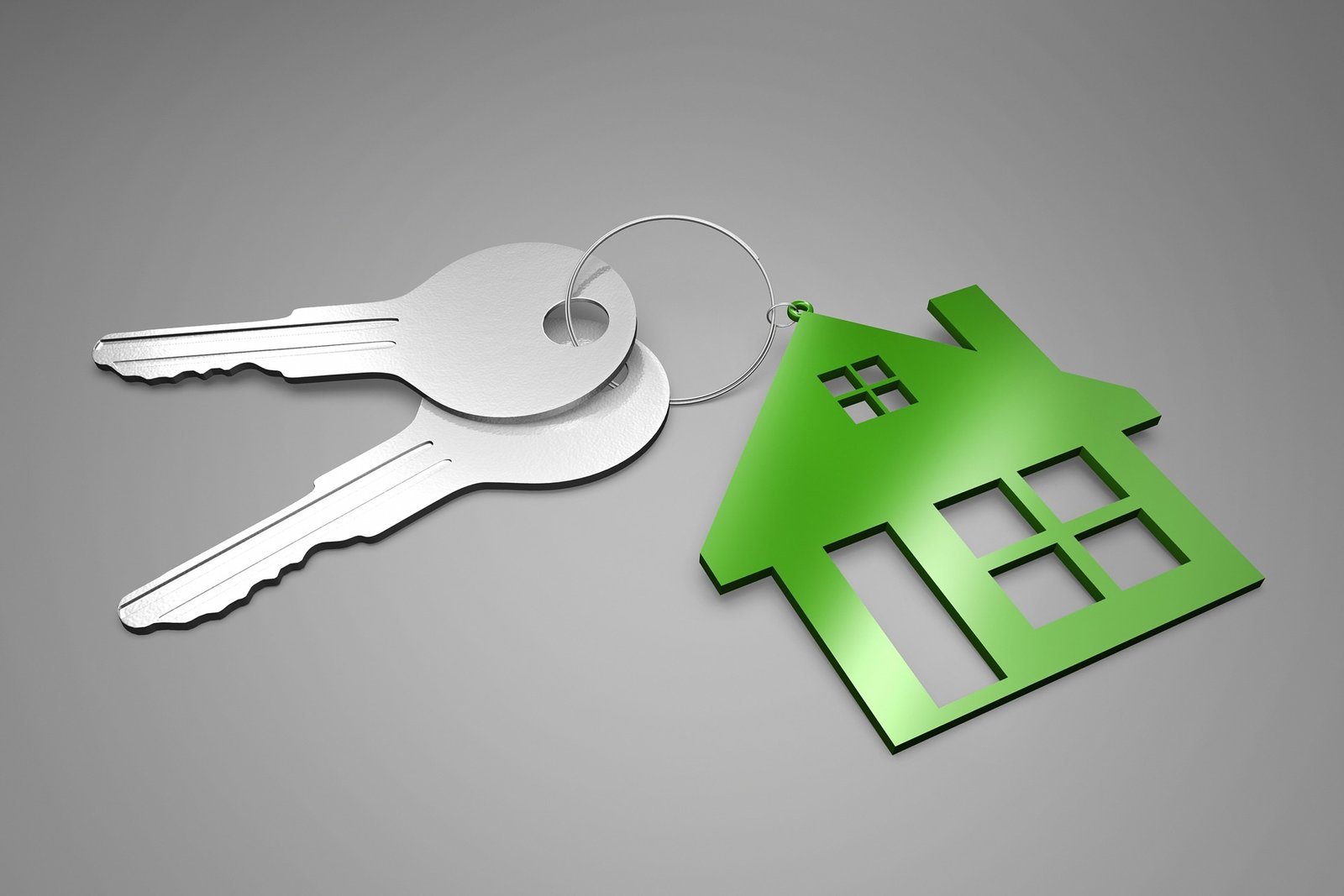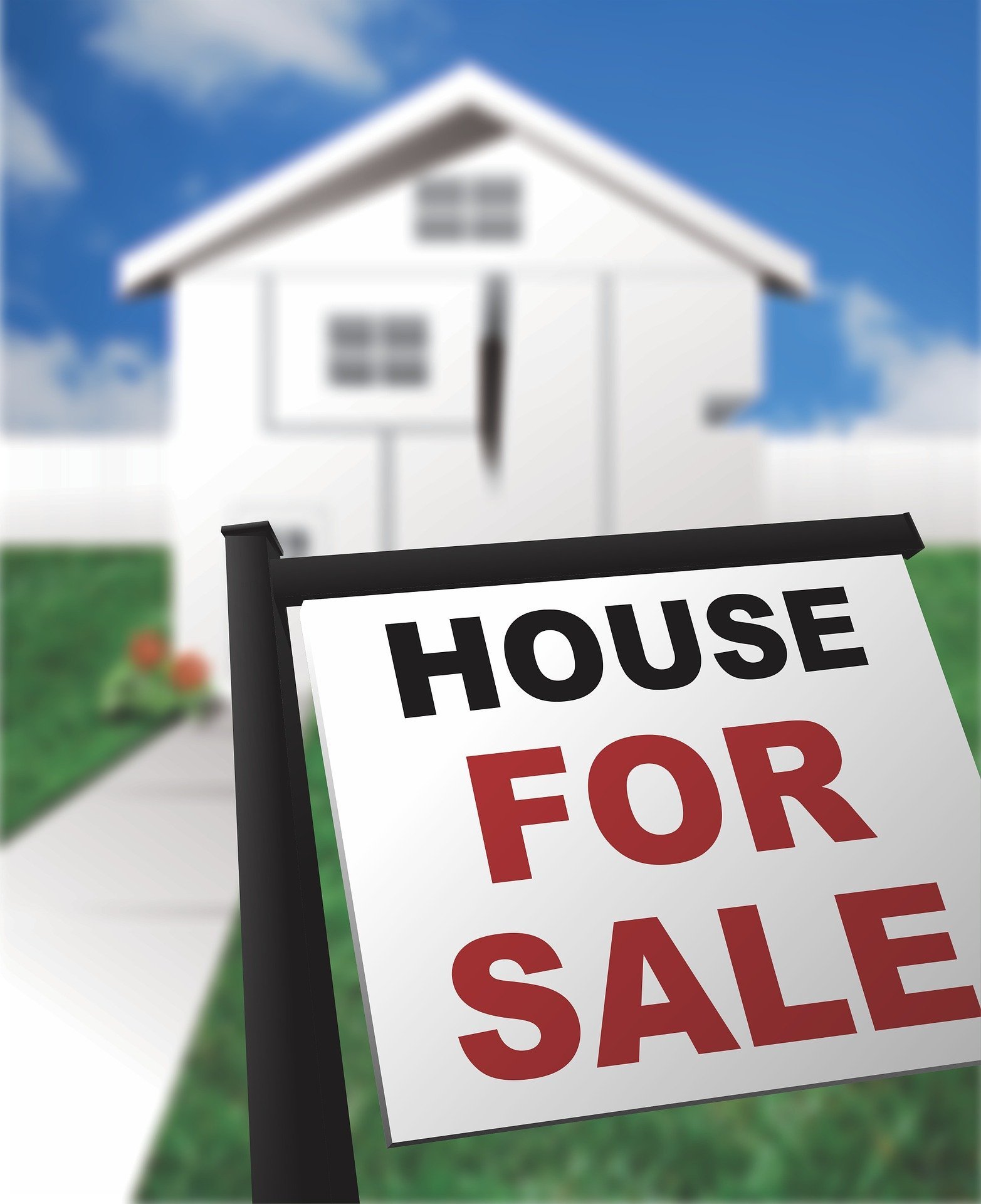Buying or renting a home is a very critical decision, a dilemma for most people that seem hard to resolve. A higher percentage of people are renting since renting comes down to what an individual can actually afford at the moment. However, it is important to consider both situations the pros and cons of each possibility in order to make a proper decision. This is because owning a house is not better than renting, nor is renting better than owning.
Buying a home tends to be an exciting experience for everyone since one owns it. There are various potential advantages of buying your own house, e.g., security, the ability to make space your own, the possibility to help one build wealth, etc. Owning a home is a financial commitment that requires one to effectively plan ahead and reflect on where their life is headed. Buying a home can be a great investment. However, purchasing a home is not for everyone, especially financially; missed payments could result in repossession; there are ongoing costs like repairs and maintenance, home can decrease in value over the years, etc.
Moreover, renting a home or a house allows one to have the ability to save money while still living in a good neighborhood potentially, flexibility to upsize or downsize when one needs to, relocating tend to be easier, one can easily personalize their living space depending on circumstances, etc.
Renting also has its own disadvantages, such as lack of security and privacy, limited freedom, no investment potential, etc.
Considering both options (buying or renting) and their advantages and disadvantages, I can understand why someone would prefer to rent over buying. Renting a home is associated with intangible benefits.
While renting a home, there is no maintenance cost or even the repair bills. When one rents a property, it is the landlord’s responsibility to undertake all the maintenance required, improvements, and repairs. E.g., when an appliance stops working in the house or a case where the roof starts leaking, one will just need to call the landlord, and it gets fixed. This will not be the case when you are the owner since the maintenance cost is not covered by anyone else. This reduces the cost since you tend to take care of all the bills when you are the owner.
Another financial benefit of renting a home over buying one is that one can easily access amenities that otherwise would be enormously expensive. Some of the Luxuries, such as an in-ground pool or a fitness center, come standard at many mid-scale to upscale apartment complexes with no additional charge to tenants. Thus when a homeowner wants to match, the same requires a lot of cash to install and also maintain. Therefore, when one is renting, it is easy to access such amenities at a lower cost.
While renting a home, there are no real estate taxes associated with having your own home. Renters don’t pay property taxes, which in most cases, tend to be a hefty burden to most homeowners since they can cost a few thousand dollars per year depending on the value of the home. Although it varies from one country to another and the property’s size and value, the taxes can be high.
Another area where individuals who rent houses tend to have a great financial deal is the upfront cost. In most cases, renters tend to pay a security deposit, which is equivalent to one month’s rent. But on the other hand, when a homeowner purchasing a home with a mortgage, it is required of them to pay a sizeable down payment, which is usually equivalent to a typical 20% of the mortgage. Keep in mind there are other mortgage programs where a potential homeowner can put as little as 3% down on a home.
With today’s uncertainties within the economy, most individuals are struggling to make end meet. Therefore, renting a house gives one an option to downgrade into a more affordable living space. Flexibility to downsize is important, especially for individuals who want a less costly, smaller alternative that matches their budget. This is difficult for the homeowners, since it is difficult for them to break free of an expensive house due to the fees involved in buying the home. Moreover, they can’t move out to leave in a home to stay in a space that fits their budget. On the other hand a homeowner can get the last laugh over time as properties tend to gain value, and depending on the market the homeowner can get some high profits when they decide to either sell their home or do a reverse mortgage to use their home as a retirement account.
There is no right or wrong answer in this case because it will be based on your needs at the time, but if you need to know which options work for you better you should contact a licensed real estate agent.





